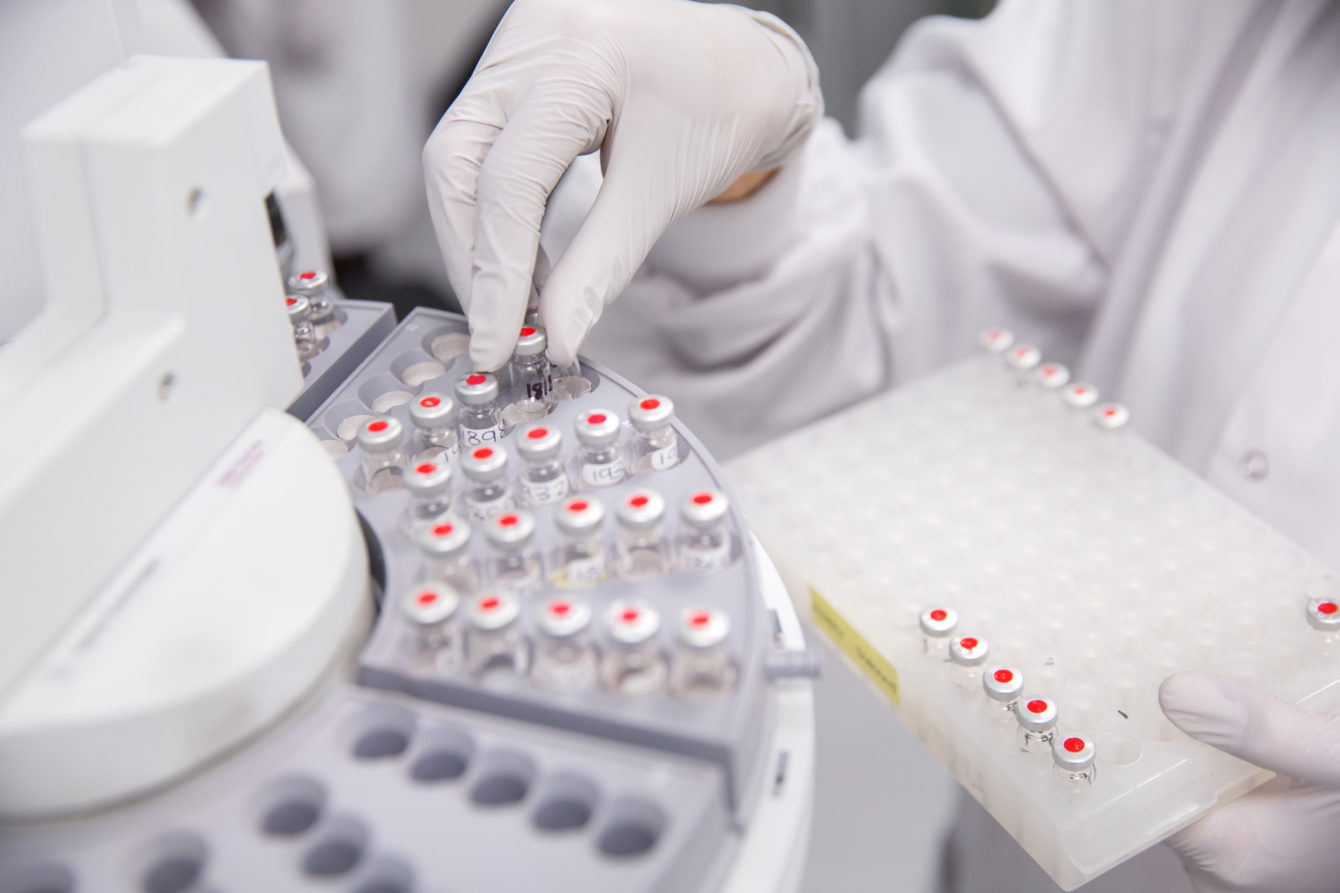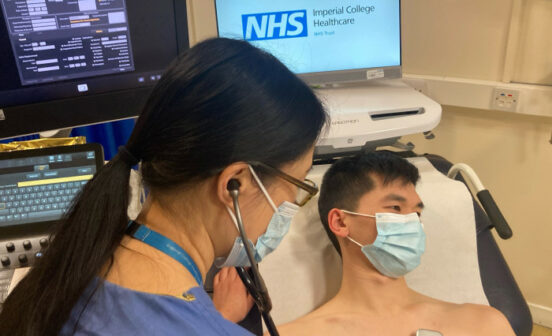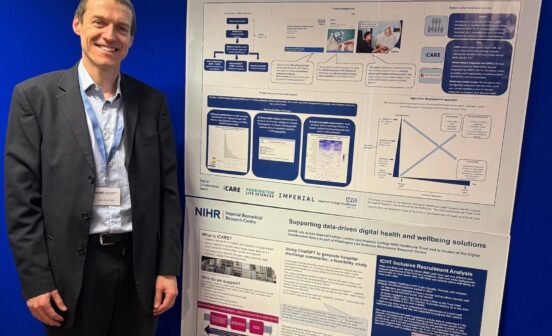DiagnosticInformatics Approaches Protein can identify heart patients at increased risk of death

A protein linked to heart attacks can identify which patients with an irregular heart beat have an increased risk of death, new research shows.
The study, by researchers from the National Institute of Health Research Health Informatics Collaborative (NIHR-HIC) led by NIHR Imperial BRC, draws on data from more than 3000 patients over seven years.
It found that patients coming into A&E with atrial fibrillation – irregular heart rhythms – who had above normal levels of the protein troponin in their blood were more likely to die than those with normal or low levels of troponin. This remained true even when age and other clinical factors were taken into account.
Troponin is a protein involved in muscle contraction that is released into the bloodstream after a heart attack. Clinicians use troponin levels, along with other tests, to determine whether a patient is having a heart attack and to decide on treatment options. Patients attending A&E with heart conditions are usually tested for troponin levels, but clinicians rarely act on these results with atrial fibrillation patients unless levels are extremely high.
However, the new study found that, crucially, the risk of death for patients with atrial fibrillation increased even when their troponin levels were only slightly higher than normal.
The study also found that when patients had a coronary angiogram – a specialist X-ray to determine blockages in the blood supply to the heart – their risk of death was substantially lower. However, fewer than half of patients with the highest levels of troponin underwent this procedure.
The data used in the study were gathered through the National Institute for Health Research Health Informatics Collaborative (NIHR-HIC), which involves: Imperial College Healthcare NHS Trust, Oxford University Hospitals NHS Foundation Trust, University College London Hospitals NHS Foundation Trust, King’s College Hospital NHS Foundation Trust and Guy’s and St Thomas’ NHS Foundation Trust.
This study was supported by the NIHR Imperial BRC. For the full article, please refer to this story by Maxine Myers.





